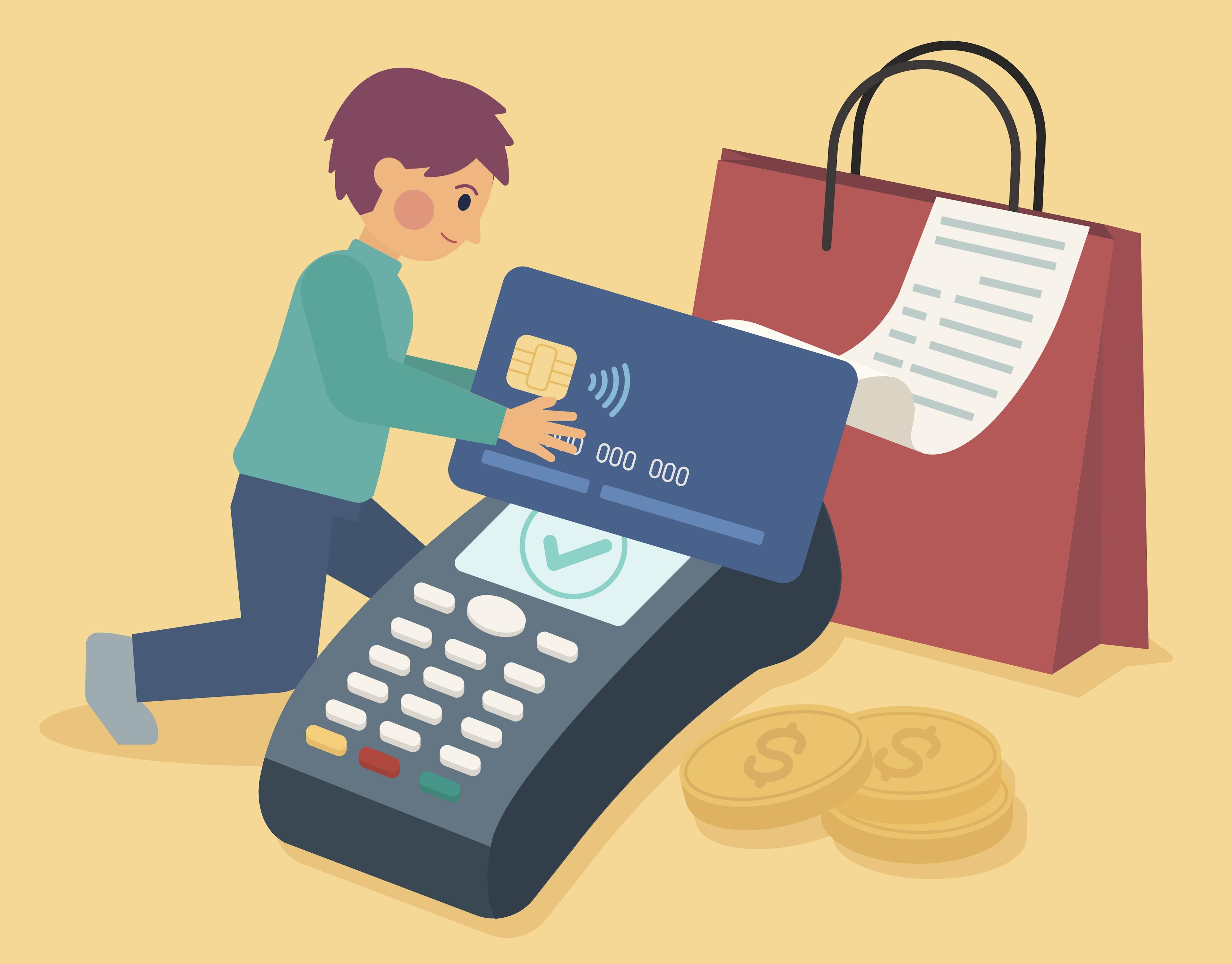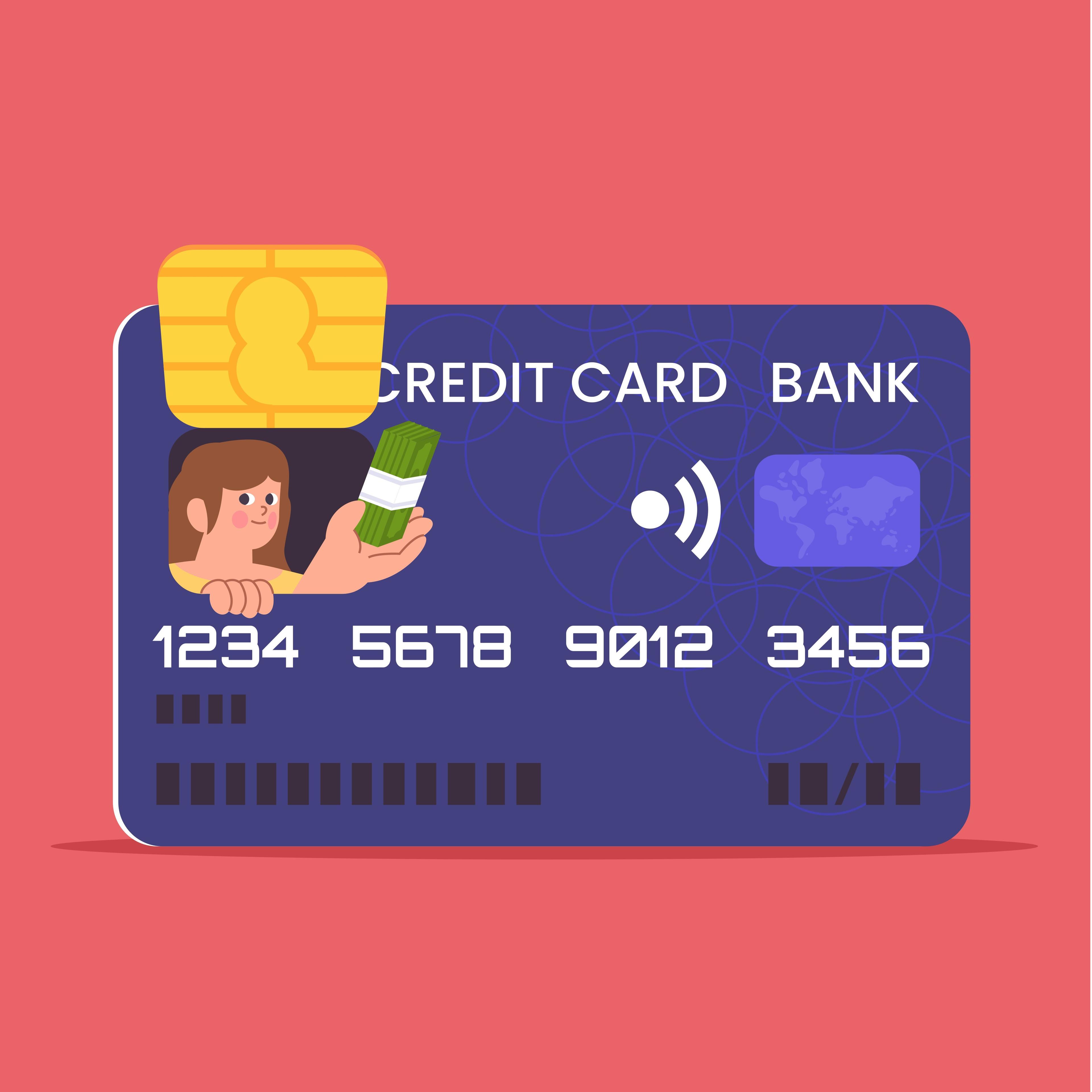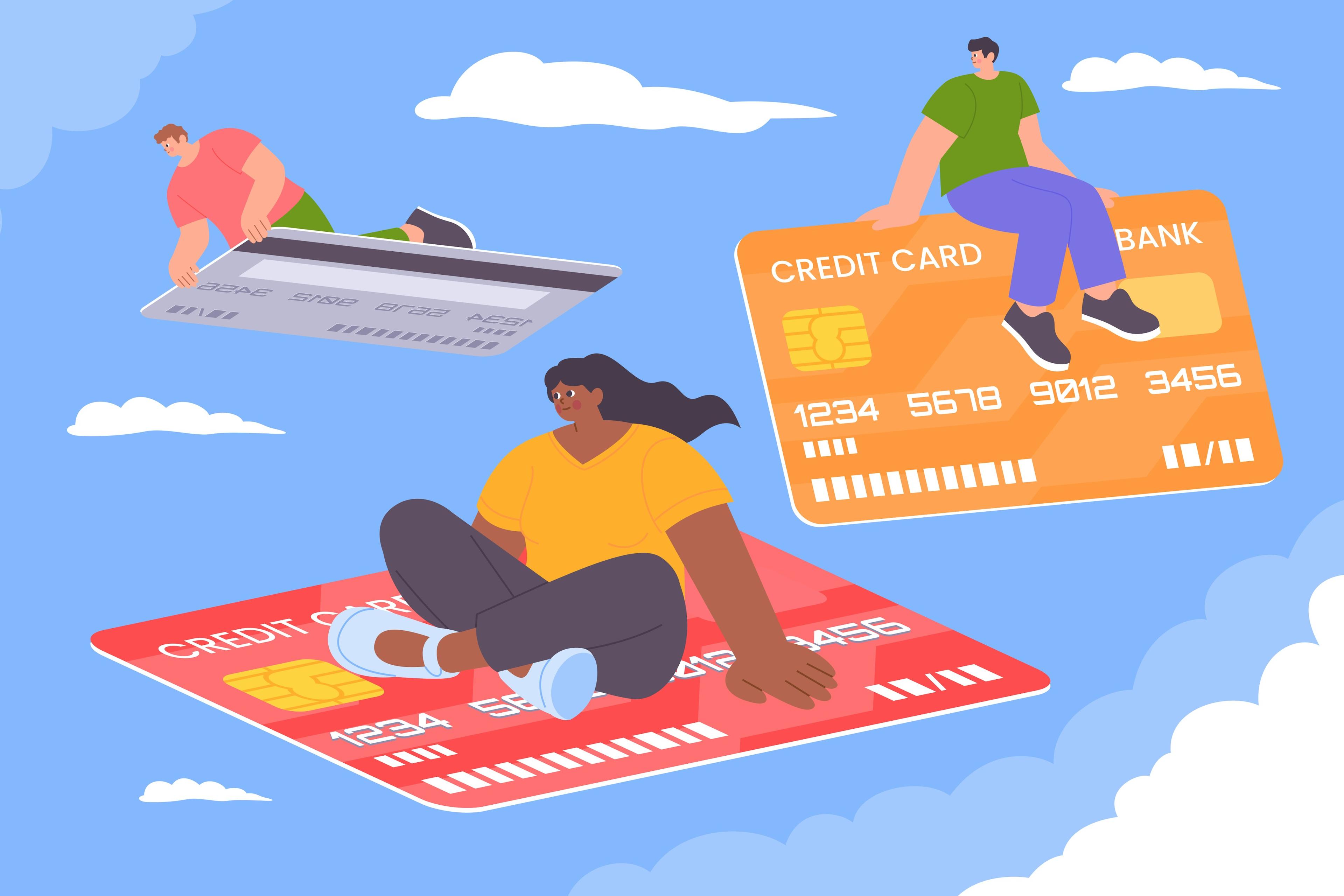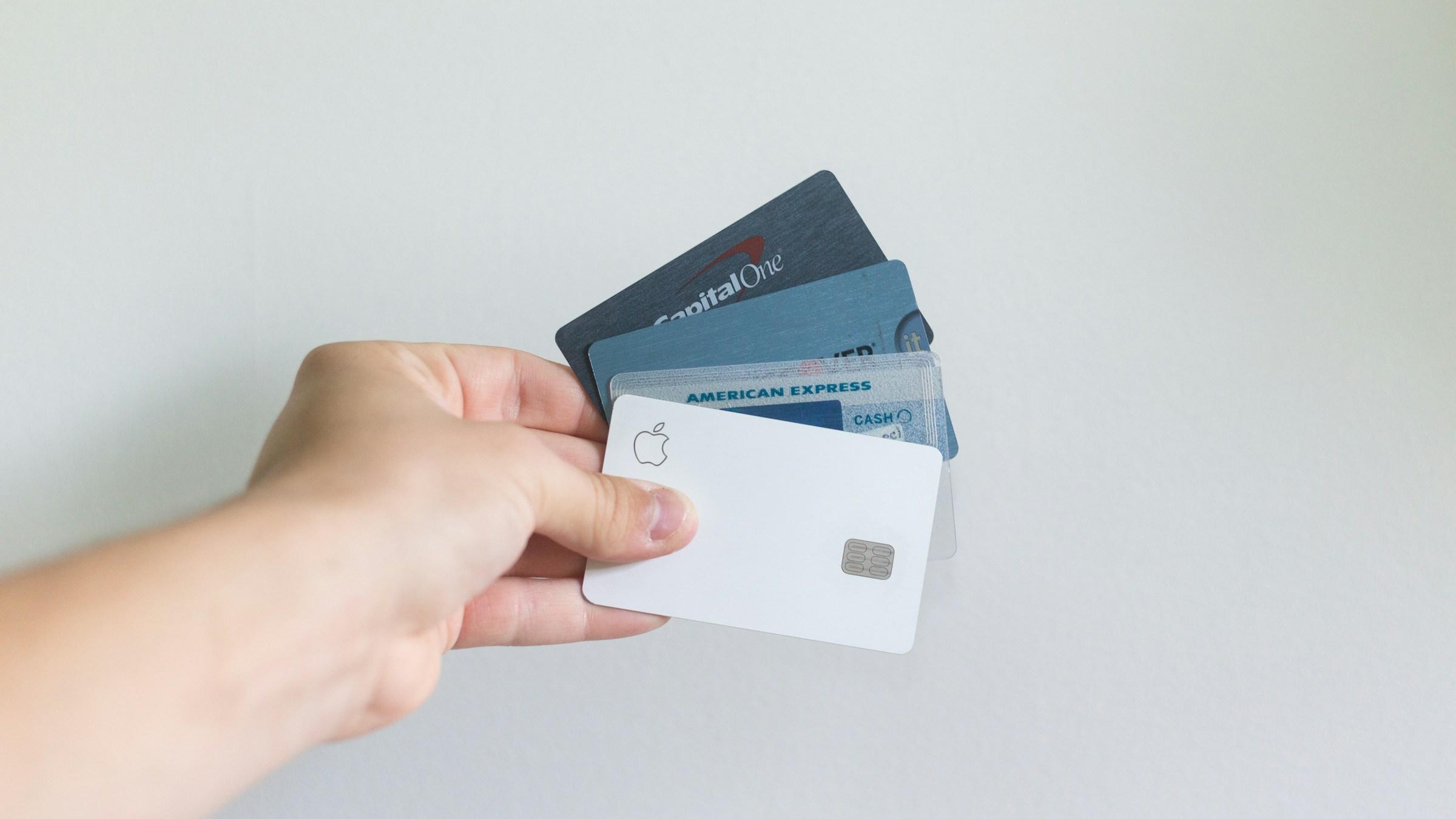Debt rarely arrives as a single event. It builds through a series of ordinary decisions that seem manageable until they are not. By the time a person realises the balance is heavy, the numbers are no longer the only problem. Debt has a way of restructuring daily life. It shapes attention, mood, confidence, and even relationships. The right way to look at this is not to ask why you are feeling overwhelmed, but to understand the mechanics behind it. When you can name the pressure correctly, you can plan around it. The starting point is simple. Money stress is a form of uncertainty, and human beings do not tolerate uncertainty for long without emotional cost.
The first emotional effect many people notice is background anxiety. It does not always present as panic. It shows up as mental noise. You are working, but a portion of your attention keeps checking due dates and tallying costs. That constant internal monitoring is tiring. It shortens patience and reduces your ability to focus, which in turn makes problem solving harder. The result is a loop. Less focus leads to small errors, which then feed the sense that things are getting away from you. This is not a lack of discipline. It is cognitive load. If your brain is running a second job to track obligations, you will feel drained even on quiet days.
There is also an effect on decision quality. Under debt stress, choices often become more short term. You may find yourself choosing immediate relief over longer term stability, even when you understand the tradeoff. This is not irrationality. It is your nervous system valuing certainty now because the future feels crowded with risk. Late fees and penalty interest increase that pressure. When every delay carries a cost, the present becomes the only safe place to operate. So what does that mean for a working adult trying to keep a household running. It means you may postpone preventive actions like annual insurance reviews or dental visits because they do not fix this week. Over time, those postponements expand costs and stress, keeping the cycle alive.
Shame is another common side effect, and it can be more damaging than the anxiety itself. Many people believe debt is a personal failure rather than a predictable outcome of job transitions, medical bills, or uneven cash flow. Shame narrows your field of vision. You stop seeking help, you avoid looking at statements, and you isolate from friends or family who might otherwise provide support. This is common across countries and income levels. It does not reflect your character. It reflects a social script that treats money problems as secrets. When you notice yourself hiding, it is a sign that the emotional burden is already steering your choices.
Relationships absorb the spillover quickly. In couple households, one partner often takes on the role of financial manager. If that role is not made explicit, accountability blurs into blame. Conversations become tense because they are really about safety, not numbers. Parents may withdraw from social activities to save money, but that can look like disinterest or coldness to friends. Colleagues may see irritability without understanding it is a function of fatigue from second jobs or night shifts. None of this is inevitable, but it is predictable. Money stress shrinks the margin for patience. Without deliberate language and small rituals to review plans, minor disagreements expand.
Sleep quality typically declines when debt pressure is high. You might fall asleep quickly due to exhaustion but wake at two or three in the morning with racing thoughts. Sleep disruption worsens attention, mood, and appetite control the next day. It also weakens your ability to resist impulse spending because tired brains default to short-term comfort. Treating sleep as an operational pillar in a debt plan is not a luxury. It is a cost-control lever. If you sleep better, you will make steadier choices. That is not an opinion. It is a practical observation from how the body handles stress.
There is an effect on identity as well. If you have always seen yourself as responsible and capable, carrying debt can feel like a mismatch with who you are. That mismatch creates quiet friction. You start to narrate your life as being off schedule. The more you repeat that story internally, the heavier the day feels. A healthier frame is to treat debt as a season rather than a label. Seasons have beginnings and endings. They require different tools, not different worth. Keeping that frame steady changes how you approach tradeoffs. Instead of thinking you are failing, you begin to think you are in a period that requires more planning and fewer surprises.
Workplace performance can slip in ways that are easy to misinterpret. Arriving later, requesting more leave, or missing small tasks may signal exhaustion rather than apathy. If a workplace offers employee assistance or financial counseling benefits, using them is not a risk to reputation. It is a way to protect performance. For self-employed readers, the emotional tax can be sharper because income is variable and there is no HR buffer. In those cases, building a basic cash calendar for invoices and expenses has an outsized emotional payoff. Predictability reduces stress more than an extra hour of work does, because predictability gives the nervous system a foothold.
Community norms matter. In cities where cashless payments and buy now pay later services are common, the line between convenience and credit can blur. This can create a mismatch between visible lifestyle and private balance sheets. The social pressure to keep up can convert into private shame faster than in cash-based environments where spending is more visible to the buyer in real time. If this is your context, it helps to reset the signals you use to judge how you are doing. Replace external cues with internal ones. A personal cue might be that your essentials are auto paid before the fifteenth of the month. Another cue might be that you can skip two social events each month without feeling obliged to explain. These are small, but they lower emotional friction.
Cultural expectations also shape how debt feels. In many Asian households, family support is normal, but so is a strong desire to avoid becoming a burden. That creates a quiet inner conflict. You might have family who could help, yet you hesitate to ask. Remember that support is not only money. It can be childcare for a few hours while you work an extra shift, a shared grocery run, or a conversation that helps you compare consolidation options in a calm way. The most helpful support is often the one that restores time or clarity.
There is a policy context behind emotional relief. When systems make repayment paths clear, stress falls. When rules are complex or penalties accumulate quickly, stress rises. You do not control policy, but you can place yourself on the side of clarity. This means writing down a single path and following it, rather than juggling three partial approaches. If a bank offers a consolidated repayment arrangement with a fixed term and predictable monthly payment, the emotional benefit of one bill at one time is often larger than the mathematical benefit of shaving a small amount of interest through manual juggling. If your employer allows automated payroll deductions for savings or loan repayments, using that feature can lower anxiety because it reduces the number of decisions you need to make each month.
It is helpful to understand why avoidance is so common. Avoidance is not laziness. It is the brain’s way of managing threat by reducing exposure to reminders. Unfortunately, bills ignored become more threatening. The way to interrupt the pattern is to create tiny, low-energy checkpoints that happen on schedule. A checkpoint can be fifteen minutes on Sunday evening where you do not pay anything, but you do open every new message and label it by action: pay, call, or wait. If that still feels heavy, set a rule that you only open messages during daylight hours and never after dinner. That protects sleep and gives you a boundary that your body can trust.
Emotions also change how you use social media during a debt period. It is easy to spend more time scrolling as a way to escape stress. The problem is that scrolling often increases pressure through comparison. If you notice this happening, reposition your phone rather than fighting your willpower. Move the app icons you reach for at night to the second screen. Place a boring app in their spot. Change your lock screen to a simple phrase like rent first or groceries first. It sounds trivial, but these cues reduce the number of decisions you need to make, which lowers emotional fatigue.
For parents, there is a separate burden that deserves naming. Debt can make you feel that you are failing your children. That fear can push you to say yes to expenses you cannot afford, which increases stress later. A better approach is to set a family language for this season. You can say, this month we are choosing library Saturdays and home movies. Children adapt to clarity better than to mixed signals. If you explain that some choices help the family reach a goal, the process becomes part of a shared story rather than a private worry.
It is worth addressing help-seeking directly. Many readers hesitate to speak to their bank or a counselor because they are afraid of being judged or locked into a rigid plan. In practice, early conversations are usually about options. The earlier you ask, the more options you have. If you leave it late, choices narrow and penalties grow. The emotional benefit of knowing the range of paths is significant. You move from dread to decision-making. That mental shift is the point where people often begin to sleep better and communicate more calmly at home.
There is also a connection between physical health and debt stress that is easy to overlook. When stress is persistent, people often reduce movement and rely on quick calories. That combination worsens mood and sleep, which then cycles back into poor decision quality. You do not need an ambitious fitness plan to interrupt this. A fixed ten-minute walk at the same time every day restores a sense of agency. Agency is emotionally protective. It sends a message to your own brain that you are steering, even in a small way. Small signals compound into steadier days.
Some people worry that acknowledging the emotional effects will make them feel weaker. The opposite is true. Naming the emotional pattern gives you a map. You can then place basic guardrails. One guardrail is a weekly money hour at the same time, in the same place, with the same drink or snack, and the same short checklist. Another guardrail is a simple rule for conversations with a partner: if voices rise, pause and return after fifteen minutes. A third guardrail is a visible calendar of due dates on a wall or device that both partners can see. These are not budget tricks. They are emotional stabilisers. The more predictable the routine, the lower the background anxiety.
For readers managing debt alongside migration questions, housing decisions, or childcare transitions, it helps to prioritise sequencing over speed. Ask which decision, if resolved, would make the next two decisions easier. Often it is the one that brings the most predictability rather than the largest absolute savings. Predictability gives you emotional room to think. Once that room exists, you will find it easier to compare products, renegotiate terms, or add income. The confidence that returns at this point is not motivational. It is practical confidence that comes from a cleaner map.
How can debt affect you emotionally. The short answer is that it compresses attention, shortens time horizons, and narrows your sense of safety. The fuller answer is more hopeful. Emotions respond to structure. When you replace ad hoc juggling with a simple plan, when you build small rituals that reduce decisions, and when you choose predictability over optimisation, the emotional burden lightens. You will still have to pay what you owe, but you will no longer be paying with sleep, relationships, and confidence. That is a real and measurable improvement.
If you are reading this and recognising several patterns, start with one change that protects your energy. Choose a weekly review at a fixed time. Move a bill to an automatic payment. Tell one trusted person that you are in a season of consolidation so you can skip two social events without guilt. When emotions settle, choices improve. When choices improve, balances move in the right direction. It will not happen overnight, but the path will become visible. The numbers matter, but the system around them matters more. Treat the emotional side as part of the plan and you will find the financial side becomes easier to manage.















